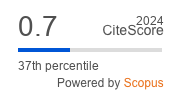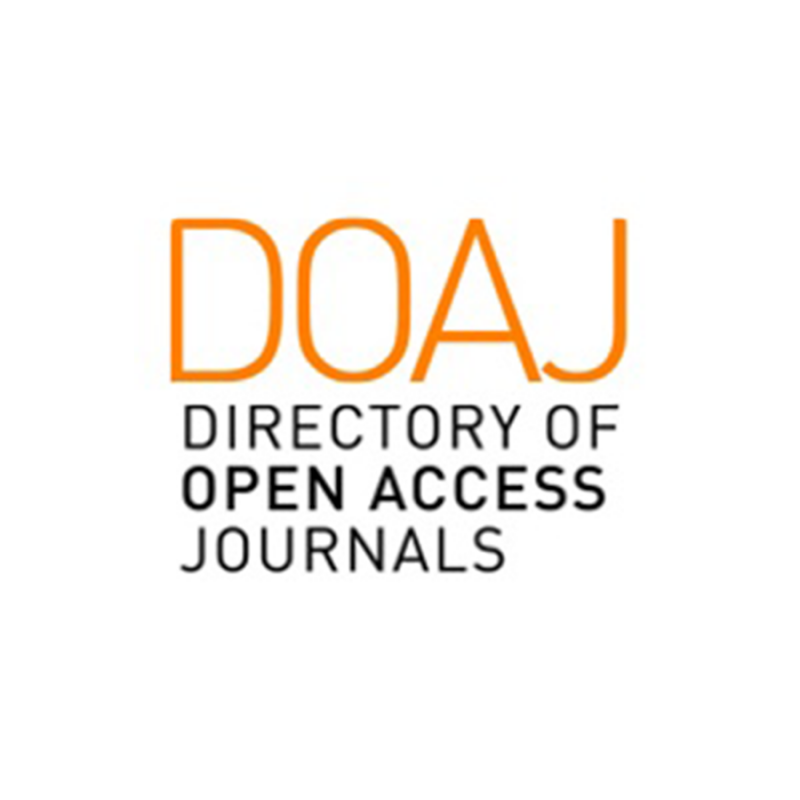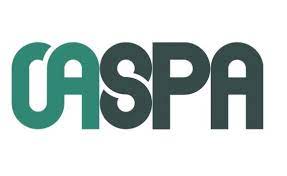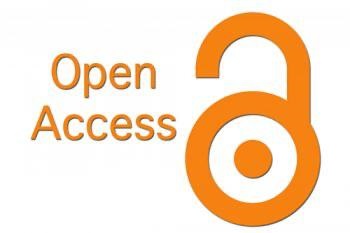Application of Surgical Safety Checklist in Operating Theatre at Al-Kindy Teaching Hospital
DOI:
https://doi.org/10.47723/kcmj.v14i2.53Keywords:
surgical, safety, checklist, communication.Abstract
Background: A core set of checks have been incorporated into World Health Organization (WHO) WHO surgical safety checklist. Lack of access to basic surgical care remains a major concern in low-income settings.
Objective: We use a WHO surgical safety checklist items to improve team communication and cooperation to help in reduction of morbidity and mortality of surgical procedures.
Methods: This is a prospective study involving 300 patients after applying the 19 items of the surgical safety checklist with different types of operations had been operated in the surgical theater at Al-Kindy Teaching Hospital during the period 1st of September 2016 until 1st of March 2017. We follow up the patients until 30 days after surgical intervention.
Results: After applying the 19 items of surgical safety checklist, the risk of the surgical site infection, respiratory complications, retained gauze and risk of blood loss [14% , 4.6% , 1.3% , and 2% respectively] was comparable to the results of the World Health Organization. Using the pulse oximetry in 94 % and site marked in 65.3%. In 64.6% of patients received antibiotic prophylaxis in which just 4 % developed surgical site infection [SSI], while in extended regime 36.67% there is 10% developed SSI. No mortality reported during collection of the data.
Conclusions: The surgical safety checklist is a simple method, and there is evidence for its effectiveness in reducing complications in clinical use. WHO recommends use of the checklist in all surgical operations and encourages clinicians to modify the list for different specialties and hospitals.













